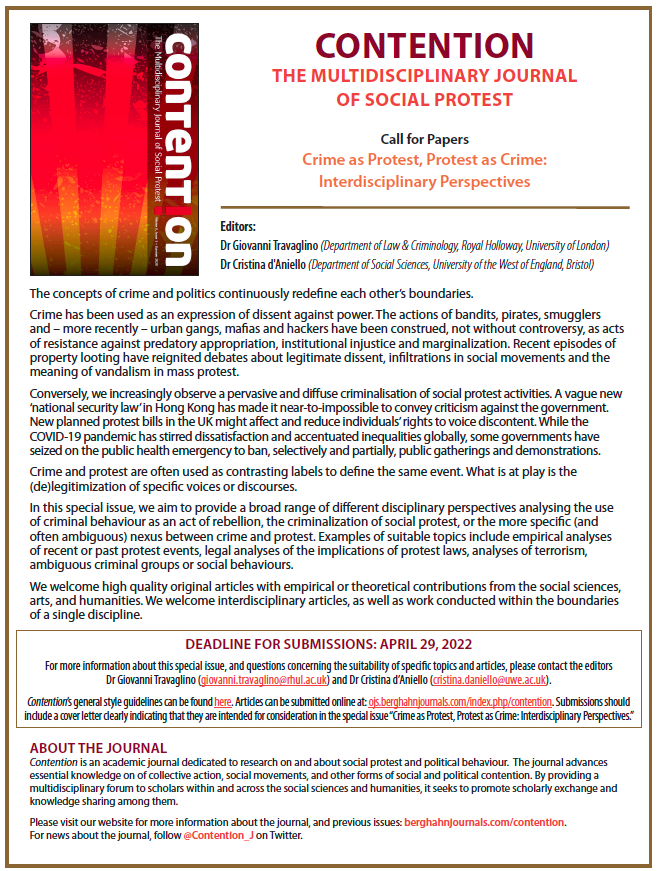Contact my lab for questions about our research, comments, and collaborations.
Welcome to the CP&G Lab’s Web Page
In the Cultural Processes and Groups (CP&G) lab, at the School of Law & Social Sciences, Department of Law & Criminology, Royal Holloway, University of London, we are interested in how cultural values and beliefs interact with group dynamics to shape individuals’ lives within and across a broad range of different contexts. The lab is directed by Dr Giovanni Travaglino.
Culture is a difficult term to define. At its core, it is a process of signification of reality, a cluster of meanings, values and practices shared by people who belong to the same group. Group is here used very broadly to indicatea entities as different as nations, organizations or even the nuclear family.

Cultural process and group dynamics influence each other. Culture provides individuals with a template of shared symbols that structures their perception and action. Group dynamics, that is the arrengements regulating social life and groups’ institutional practices, shape how culture materializes and is expressed. Most of our research takes place at the intersection of these two key factors.
In our research, we use a broad range of methodologies, including experiments, longitudinal and cross-sectional surveys, and qualitative analyses.
Main Research Themes
Research in the lab spans a range of different themes and research questions. The main themes are:
-
Organized crime: Criminal organizations are a threat to security, prosperity and democracy. They are sometimes able to control entire territories and displace the state, exerting governance over communities. In our research, we examine the cultural values and beliefs that enable these groups to gain legitimacy and social influence among people. Research on this theme has investigated the role of masculine honor values in individuals’ attitudes towards criminal organizations in Southern Italy.
-
Political behavior and political violence: in our research, we examine why and when people engage in collective forms of political action, including demonstrating and protesting, signing petitions or voting. Research in this theme has focussed on events such as Brexit and the Scottish referendum (with Prof Dominic Abrams ), and on the cultural bases of radicalization and violent behavior in Korea and the US (with Dr Chanki Moon ). Related to this theme, the lab edits Contention: The Multidisciplinary Journal of Social Protest.
-
The psychology of vicarious dissent: Individuals lacking cultural or material resources to engage in direct forms of political action may express their dissent vicariously. This means they may support and legitimize illegal or semi-legal actors that are perceived as disrupting the status quo on their behalf. We have elaborated a new social banditry framework, to explain the psychological processes involved in individuals’ expressions of vicarious dissent.
-
Social identity and group dynamics: Individuals’ groups, social identities and relationships have important implications for the way in wich they perceive the world. This broad theme includes research on a variety of different domains, such as evaluations of deviants and disloyalty, group secrecy and social identity.
Our research focuses on different geographical areas, including Italy, China, the UK, Korea and the US.
The Lab Notebook
We keep a lab notebook, where we propose analyses of recent topics, summarize research conducted by lab members, and comment on new data. Posts are written either in English or in Italian.
Get in Touch
Undergraduate and postgraduate students and postdoctoral researchers who intend to conduct research in these and related areas are welcome to apply to join or visit the lab by emailing the director.
Latest Posts

Nel Dicembre 2019, il collettivo di hackers Anonymous Italia attacca le piattorme informatiche di alcuni atenei Italiani, riesce ad ottenere dati personali degli utenti e li pubblica in rete. Questi dati includono IDs, emails, passaporti, e passwords di docenti e studenti. Nel rivendicare l’atto, il collettivo spiega l’attacco come una denuncia contro la scarsa sicurezza delle piattaforme che custodiscono i dati universitari, un atto di protesta volto a richiamare l’attenzione sugli enormi tagli subiti dal sistema educativo italiano. In fondo - spiega il collettivo - la scarsa sicurezza delle piattaforme significava che questi dati erano in qualche misura già di dominio pubblico. Almeno ora ve ne è consapevolezza.

